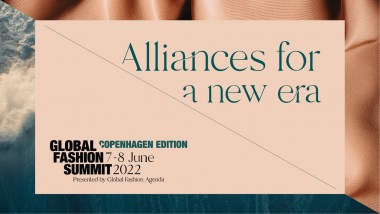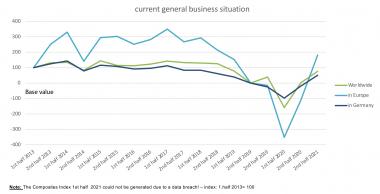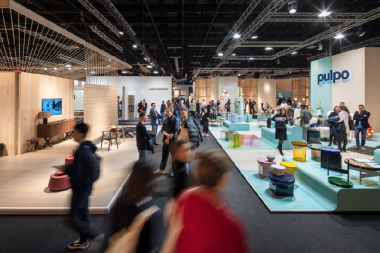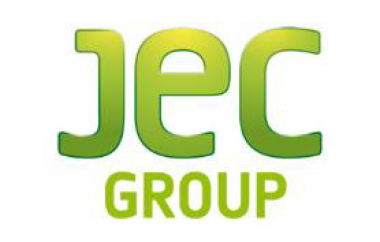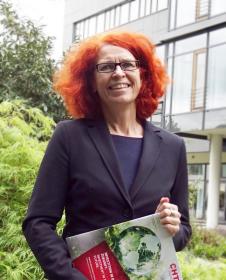Global Fashion Summit: Copenhagen Edition 2022 will return on 7-8 June
Global Fashion Summit, an international forum for sustainability in fashion, will convene core stakeholders across fashion, parallel industries, investment, policy and NGOs to forge alliances for a new era. The Summit is presented by Global Fashion Agenda, the non-profit organisation that fosters industry collaboration in fashion to drive impact, under the patronage of HRH The Crown Princess of Denmark. Global Fashion Summit: Copenhagen Edition 2022, will return in physical form on 7-8 June in the Royal Opera House, Copenhagen, Denmark.
Formerly known as Copenhagen Fashion Summit, the forum has been renamed to manifest the organisation’s global outlook and reach. Global Fashion Summit will build on the 13-year history of the renowned Copenhagen Fashion Summit by strengthening its representation and connections with diverse perspectives from across the world. Therefore, the Summit will be hosted in various key cities in the future, in addition to its flagship edition in Copenhagen.
Under the theme ‘Alliances for a New Era’, Global Fashion Summit: Copenhagen Edition 2022 will endeavour to form previously inconceivable alliances within the fashion industry and examine atypical cross-industry alliances, in a bid to accelerate the transition to a net positive reality.
The theme will underly all elements of the Summit. It will be represented on the Summit main stage during plenary sessions consisting of high-level keynote speeches and panels. These will bring together speakers that are often perceived as direct competitors to have transparent conversations about their mutual challenges and collaborate to discuss the actions needed to tackle the urgent issues. The programme will also include industries such as transportation, food and energy, to consider the challenges that are similarly experienced in other sectors and learn from successful solutions that are being demonstrated outside of fashion.
Going beyond the stage content, the Summit will apply the theme in practical terms by mobilising leaders to implement immediate actions through newly formed partnerships with solution providers and other industry players, setting long-term industry commitments, hosting leadership roundtables and creating binding industry agreements that will provoke progress based on its sustainability performance level.
The Innovation Forum will present a curated exhibition of sustainable solutions. Participating brands will be able to connect with exhibitors covering the entire value chain – from innovative materials to on-demand manufacturing. The forum’s Matchmaking service will offer small and large fashion businesses the opportunity to advance their sustainability journey by being matched directly with relevant solution providers.
There will be an in-depth assessment of the impact that the Summit and its resulting alliances have on the industry. This will be published in the aftermath of the event, examining the concrete outcomes from the Summit and providing a baseline for future forums.
Global Fashion Agenda


